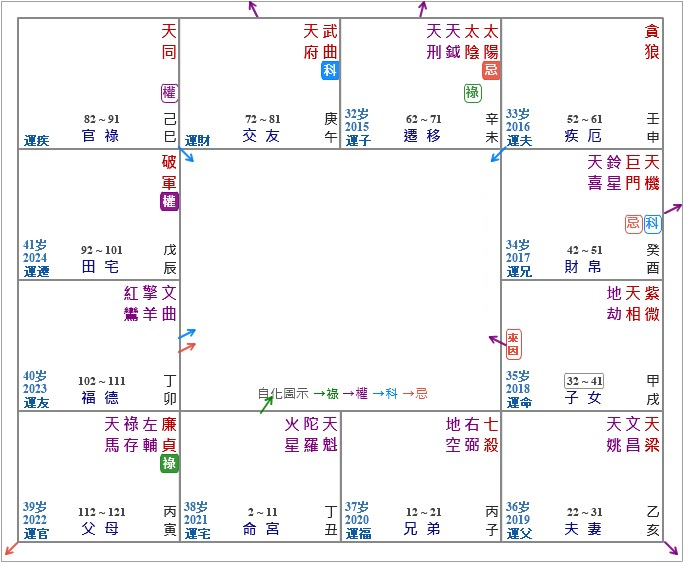According to my more than 10-year’s experiences, lots of learners have problems in listening section. I am going to show you the 5 effective ways to improve your Mandarin listening skill.
Why listening skill is important
The purpose of learning a language is to communicate with the others. Try to image, if you can’t understand what people say or talk, how can we really communicate with them? I have to say, “understand” is the first step of all.
5 effective ways to improve Mandarin listening ability
Vocabulary
Normally, when students told me that they have listening problems, it means they are not really familiar with vocabularies meaning and usage. So that when they hear something, they can’t respond quickly.
Secondly, is you don’t have enough vocabularies to understand what people saying. Under this situation, to learn more is the only way to improve it.
Pronunciation
We can also call it as phonological awareness. When our ear received a “sound”, our brain needs to process and analysis it. If our brain could not recognize what it is, how can your brain transform it into a useful and meaningful information?
Sometimes, students in my class told me they don’t understand what do the learning materials say. However, what they don’t know is something they just learned. After showing them the vocabularies, they catch the meaning immediately.
It shows that what they don’t understand is what they can understand, just they can’t catch the sound.
Background knowledge
This is another common situation. When students’ feedback is “too hard”, there are 2 reasons. The first is really harder than their level, another is lack of the background knowledge.
It means that my language ability is not the problem, my knowledge of the topic is an issue. So, we can’t focus only on “language” itself, but also need to develop our Mandarin basic knowledge in different field.
Translation
Don’t try to translate what people when chatting with others. If you do so, it means your speed is too slow to respond people. When you are too slow, you will become more and more nervous.
In the other way, it also means you used to think in your mother language, in stead of Mandarin. It is not good for your long turn learning.
Understanding
The last part is about your understanding ability, such as culture, grammar, how to break the sentences and so on. This is quite important in learning any language.
There is a saying: I understand every words you day, but I don’t understand what you say, will be a very good example.
Listening is a multiple ability. We need to have language ability, information processing ability and organizing ability. All these together will construct our understanding ability. This is also the last but biggest challenge to improve our listening ability.
Here you can read about How to practice Mandarin Chinese when you are not surrounded by it.
Here you can read about How to learn Mandarin Chinese Easily as a beginner
If you are interesting in us, you can get more information about us Here
Free useful document to download 8 smart ways to think in Chinese
If you are interesting in learning Mandarin Please fill in the form, we will contact you after receiving.










